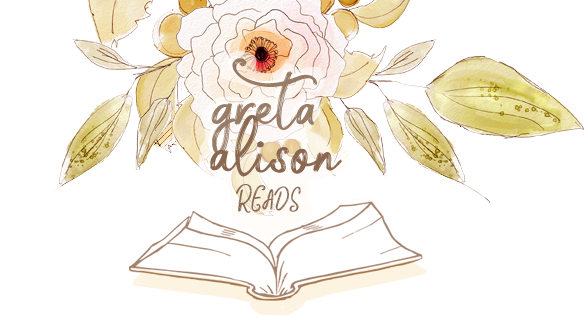REVIEW | Uprooted by Naomi Novik

“I hated her; I wanted her to burn, the way so many of the corrupted had burned, because she’d put her hold on them. But wanting cruelty felt like another wrong answer in an endless chain. The people of the tower had walled her up, then she’d struck them all down. She’d raised up the wood to devour us; now we’d give her to the fire-heart, and choke all this shining clear water with ash. None of that seemed right.”
Themes:
- Cyclical violence
- Female empowerment
- Humanity’s destruction of the natural world
Oh my goodness, how I adore this book. It is already on my favorites list!
Uprooted gives the reader that old-timey fantasy feel. It reminded me almost immediately of The Charwoman’s Shadow by Lord Dunsany, but it also makes me think of Till We Have Faces by C.S. Lewis. So if you enjoy elements of those, this is a book you should give a try. If you have never read those or don’t enjoy them, you should still give this one a try.
I love the way magic works in this story and how Novik allows the reader to slowly discover it. Sarkan and Agnieszka’s magic operates so differently, yet creates beautiful results when worked together. It is a fascinating element of the story and inspires growth in Sarkan and Agnieszka’s relationship.
Speaking of that, thank you Novik, for such a refreshing romance. The first time Sarkan and Agnieszka kiss, it actually took me by surprise. Going into the book, I thought they might end up being lovers, but after a few chapters I was sure that wasn’t it at all. But you can feel some romantic tension when they are working on spells together and have to physically touch to connect the workings. I loved how subtle their romance is throughout, even to the end, and I also love that there is never that obsessive behavior you find in so many books. Even after they are together, they’re able to work for and worry about others. It never just becomes all about the two of them.
I also adored the female empowerment in this book. There are witches and wizards in this world, and they are treated equally, but you also start to notice that the men do what they’ve always done and argue about problems, while the women think critically, with open minds, and strive to form real solutions. Sarkan may have spent decades defending the valley from the wood, but he is patching holes. In all that time, he’s never gotten close to figuring out what really lies behind it. Alosha, on the other hand, spent years crafting a sword to defeat the wood, even though she’s nowhere near it. She’s not as powerful as Sarkan or Agnieszka, so she maybe couldn’t have been central to gaining a full understanding of the wood, but she knows that a greater measure must be taken—doing what you can where you can will soon cease to be enough. And Agnieszka, wonderful Nieshka! She figures the whole thing out, reaching the heart of the problem and approaching it with compassion. She builds on her true self throughout the story, as opposed to changing who she is to align with a newfound element of her life (something that often happens to the young women in YA). The sisterhood between Kasia and Nieshka is another beautifully executed part of this story. They never once toss each other aside, despite dealing with competition, doubt, and complex situations. And of course the Wood-queen and Linaya. Their story was heartbreaking and beautiful and so unexpected, at least for me. I didn’t realize until it was happening that, oh, that’s where this all began. Stunning.
I also loved the exploration of violent acts as being cyclical, unending until someone has the vision to see it happening and put a stop to it through graciousness. The quote at the top of this post is one of my favorites in the book, and it encompasses the concept as it is examined throughout.
I recommend this book with every bit of my heart!




